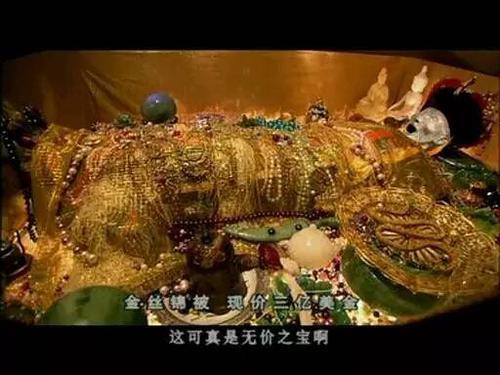
What Was Buried With Qin Shi Huang?
The Terracotta Army: An Afterlife Legion
Qin Shi Huang, the first emperor of a unified China, is renowned for his magnificent mausoleum guarded by the awe-inspiring Terracotta Army. This vast collection of life-sized clay soldiers, chariots, and horses wasn't merely decorative; it represented Qin Shi Huang's desire to maintain his military prowess in the afterlife.
Each figure in the Terracotta Army was meticulously crafted with unique features, signifying individual ranks and roles within the emperor's army. The sheer scale of the army, estimated to contain over 8,000 soldiers, 130 chariots, and 520 horses, reflects the emperor's ambition to command a formidable force even after death. The soldiers were equipped with actual weapons, further highlighting the importance placed on military readiness in the afterlife.
A Microcosm of the Imperial Court
Beyond the Terracotta Army, Qin Shi Huang's tomb complex housed a wealth of treasures and artifacts designed to replicate the opulence and grandeur of his earthly court. These included:
- Precious Objects: Gold, silver, jade, and bronze artifacts representing the emperor's wealth and status.
- Ceramics and Lacquerware: Exquisite vessels, figurines, and everyday objects showcasing the artistry of the era.
- Rare and Exotic Animals: The remains of exotic animals, perhaps symbolizing the emperor's dominion over the natural world.
- Servants and Concubines: Sadly, historical accounts and archaeological evidence suggest that the emperor's tomb also contains the remains of servants and concubines, a grim testament to the practice of human sacrifice during that time.
The Significance of the Afterlife
The elaborate nature of Qin Shi Huang's tomb and its contents underscore the paramount importance placed on the afterlife in ancient Chinese beliefs. The emperor's tomb was not merely a burial site; it was intended to be a subterranean palace where he would continue to rule with the same power and authority he enjoyed in life.
Q&A
Q: Why did Qin Shi Huang want a terracotta army?
A: The Terracotta Army was meant to serve as Qin Shi Huang's military guard in the afterlife, ensuring his continued power and dominance.
Q: What other items were buried with Qin Shi Huang?
A: In addition to the terracotta army, the emperor was buried with a vast array of treasures, including gold, silver, jade, ceramics, and even the remains of exotic animals.
Q: What do these burial practices tell us about ancient Chinese beliefs?
A: The elaborate preparations for Qin Shi Huang's afterlife highlight the significance of ancestral worship and the belief in a continued existence after death in ancient Chinese culture.